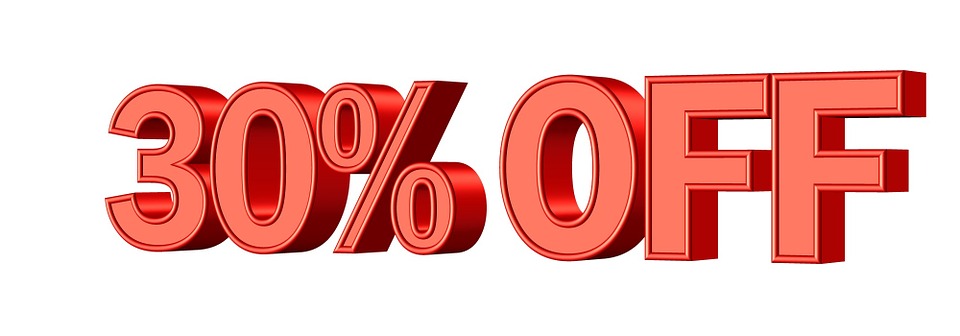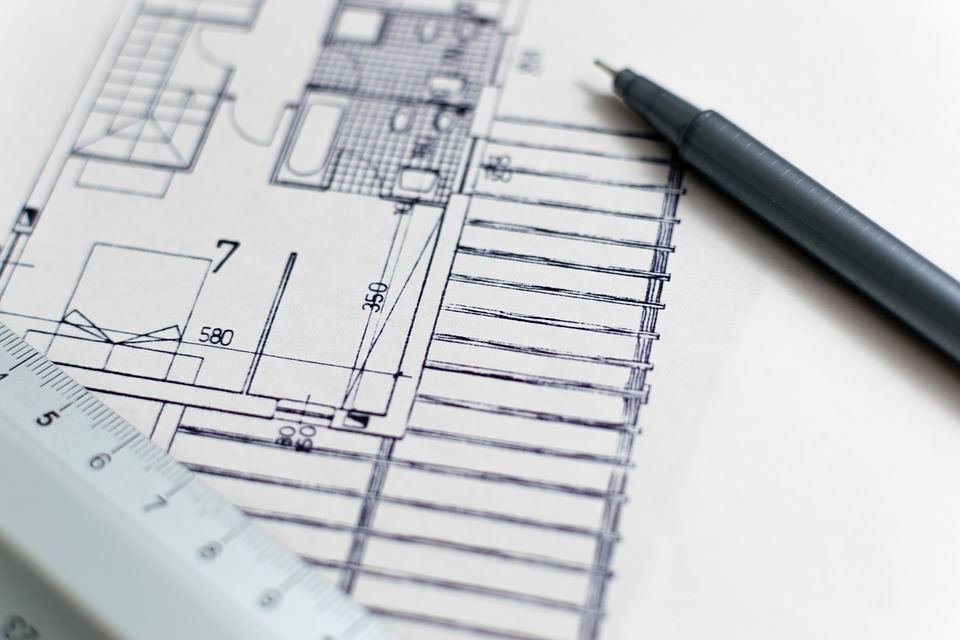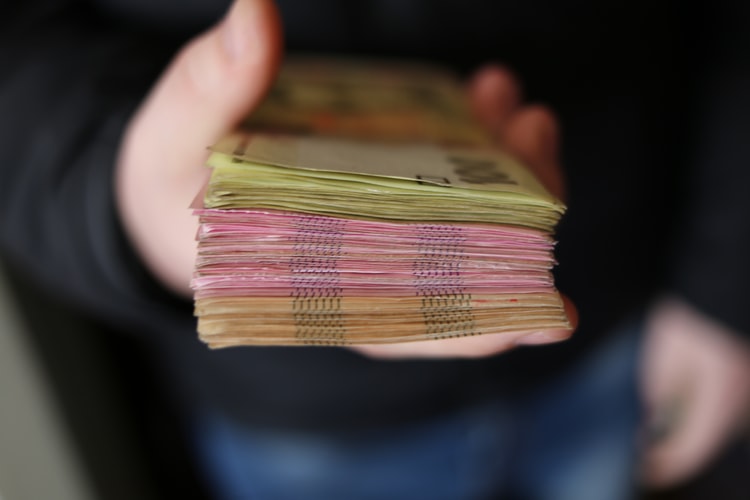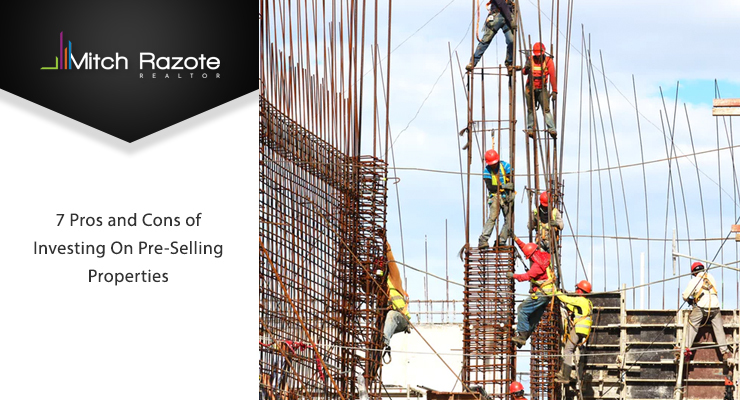Pre-selling properties are gaining popularity in the Philippines and it’s no news how they attract a lot of investors because of their below-market value. By definition, pre-selling units are sold on the market before they are even released to the general public. That could either mean that the actual property does not exist yet or still under construction. You are presented with either a showroom of model units or brochures with layout plans. In terms of real estate, pre-selling is also known as off-the-plan properties. Condominiums and houses usually undergo pre-selling stage.
This sounds as good as buying an idea, but while there are benefits, so are risks. Before jumping into the venture, you should explore the pros and cons of investing in pre-selling properties:
PROS

#1 - Below Market Value
The affordable introductory price comes from the absence of the physical unit. Developers reduce the actual price by 30 to 50 percent compared to the price of a completed unit. Sometimes, they offer discounts on down payments for as low as 0%, or go even further by waiving reservation fees when the buyer signs the contract and pays in-house. Other than discounts, they also provide flexible payment methods such as in-house financing if ever the buyer does not qualify for a bank loan. Despite charging premium prices on their pre-selling units, they offer incentives to make sure that their property has a high occupancy rate by the turnover date. The lower the vacancy, the more earnings for the developers.

#2 - Customize Your Choices
Ready-for-occupancy (RFO) properties usually don’t grant buyers the choice of units since the other units are no longer vacant; compared to pre-selling ones that allows buyers to select the best unit option for their taste. From an early phase of construction, they can select the size, location, level, the outdoor view, distance to amenities and reduced foot traffic, Moreover, pre-selling gives buyers the freedom to customize the floor plans and unit layout according to their preferences. Being involved with the construction lets buyers inspect the progress and ask for adjustments in advance. For newer developments, constructions are usually far more modern in terms of design, equipment and amenities. Environmentally-conscious developers attract buyers looking for advanced and sustainable lifestyles.

#3 - Steady Cash Flow
When buyers decide to invest on the pre-sold properties as a rental avenue, they can choose units that are best suitable for future tenants. They provide a steady cash flow from monthly rent. Although, since pre-selling properties are sold below market value, buyers can sell it for a higher price, especially when the property has appreciated in value over time.

#4 - Perfect Investment
Real estate is an ideal investment option, and buying a property pre-sell gives you room for profit. We discussed how much cheaper it is to purchase pre-sell, this price increases once the project is complete. Together with value in the market, real estate will appreciate over time. You can earn more than what you paid for. Whether you choose between rental or selling in the secondary market, investing in a pre-sell property is a definite gain in the future.
CONS

#1 - Unforeseen Changes
In the worst case scenario, the developer fails to complete the project due to lack of resources and you might be unable to get a refund of what you have paid for. Buyers are better off choosing a reputable developer who can deliver on their expected timeframe, with little-to-no delays in turnover. Meanwhile, there are some projects that are mismanaged causing slow progress and unwanted delays that take up years to resolve. Since buyers would typically sign a contract, changes are done without prior notice such as unit sizes and floor plans turning out different from what is expected. This can feel like a waste of investment for a buyer paying for the property. Investors living abroad are at a much greater risk since they can’t monitor their unit’s progress.

#2 - Potentially Illegal Activity
In the Philippines, pre-selling property developers are subject to the law, under the Presidential Decree 957, also known as the “Subdivision and Condominium Buyer’s Protective Decree.” Before pre-selling any property, developers, owners and dealers are required to secure a license from the Housing and Land Use Regulatory Board (HLURB), a national government agency that regulates the real estate industry in the Philippines. This is to ensure that they comply with government requirements and avoid pre-selling scams. All of the documents released by a developer or seller are required to be notarized by a lawyer before it is released to a buyer for signing.

#3 - Corrupted Real Estate Service
In 2009, there has been more than 85 cases of pre-selling scams reported to HLURB, which is why they imposed stricter policies in pre-selling properties. It’s horrible to think that swindling is not uncommon in the country, so potentially corrupt real estate brokers are also quite rampant. There are people who could claim to be agents and brokers, collecting deposits and payments from buyers only to later disappear without a trace. This can be riskier for instances that OFWs buy from abroad who don’t have representatives on their behalf. The key is to research well and not to be afraid to ask for credentials. Never pay for anything you’re unsure of.
MY PROFESSIONAL ADVICE
After analyzing the venture that is pre-selling properties, allow me to give you professional insight in making sure you make the right decision.
- Ask for legal advice from a lawyer before signing anything to avoid being taken advantage of, or jumping into something you don’t fully understand.
- Save up on funding or consider your payment options to cover all of the expenses involved in purchasing a property.
- Have a trusted and licensed real estate broker guide you through every transaction of buying a property pre-sale.
